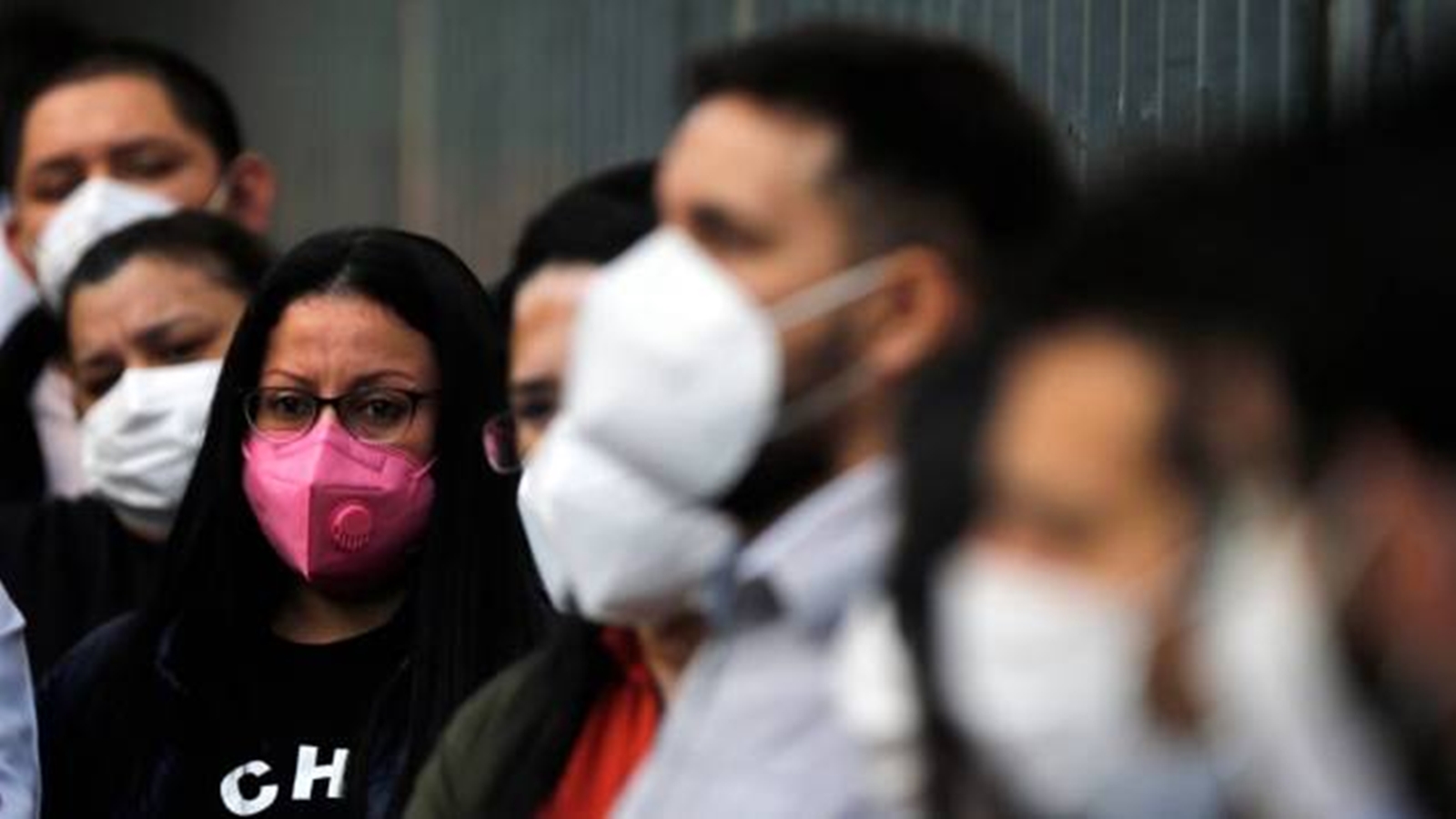New research sheds light on gender disparities in health. The study, published in The Lancet Public Health, analysed 30 years of data to reveal how men and women experience health differently.
Men face higher mortality rates from diseases like Covid-19, heart disease, and accidents. Covid-19, in fact, was the leading cause of health loss in 2021, with men losing 45% more years of life to the virus compared to women.
According to Dr Varun Bansal, Consultant, Cardiology and Cardio Thoracic Surgery, Indraprastha Apollo Hospitals, this is because of behavioural and biological variations.
“Because of biological differences, males are more likely to have conditions such as diabetes, hypertension, and cardiovascular disease, all of which can make COVID-19 more severe. Men and women also respond to viral infections differently in terms of immunity, with women frequently displaying greater immune responses that may result in better results. Men are more prone than women to participate in risky activities, such as smoking, which can impair immunity and make people more vulnerable to serious COVID-19 infection,” he explained in an interaction with indianexpress.com.
Women, however, tend to experience more chronic health conditions such as mental health issues and headaches, according to the study. Interestingly, the study found a significant difference in low back pain, with women in South Asia and parts of Europe and Asia reporting higher rates than men.

 The study found a significant difference in low back pain (file)
The study found a significant difference in low back pain (file)
These disparities start young and persist throughout life. While women experience more illness overall, their longer lifespans contribute to this finding. The research highlights the need to understand these differences to develop better healthcare strategies for both men and women.
Dr Bansal explained that hormonal changes that occur in women during menstruation, pregnancy, and menopause might impact mood regulation and play a role in the emergence of mental health issues. These variations are biological in nature.
“Psychosocial stresses that affect women specifically include caring obligations, discrimination based on gender, and societal expectations. These stressors can have an adverse effect on women’s mental health. Furthermore, women may be deterred from getting the right care or assistance due to cultural norms and stigma around mental health, which could result in an underreporting of symptoms and untreated problems,” he explained.
The systematic disparities in health outcomes between men and women stem from a complex interplay of biological, social, and structural factors. Societal norms and gender roles influence health behaviours, access to healthcare services, and treatment-seeking patterns differently for men and women.
Closing the health gap requires a new approach. Researchers call for targeted strategies that address the specific health concerns of men and women. To achieve this, they emphasize the importance of sex- and gender-disaggregated data. By collecting and analysing data that considers both biological sex and societal factors influencing health, countries can develop more effective health policies and interventions.

Rohit Malhotra is a medical expert and health journalist who offers evidence-based advice on fitness, nutrition, and mental well-being. His articles aim to help readers lead healthier lives.


